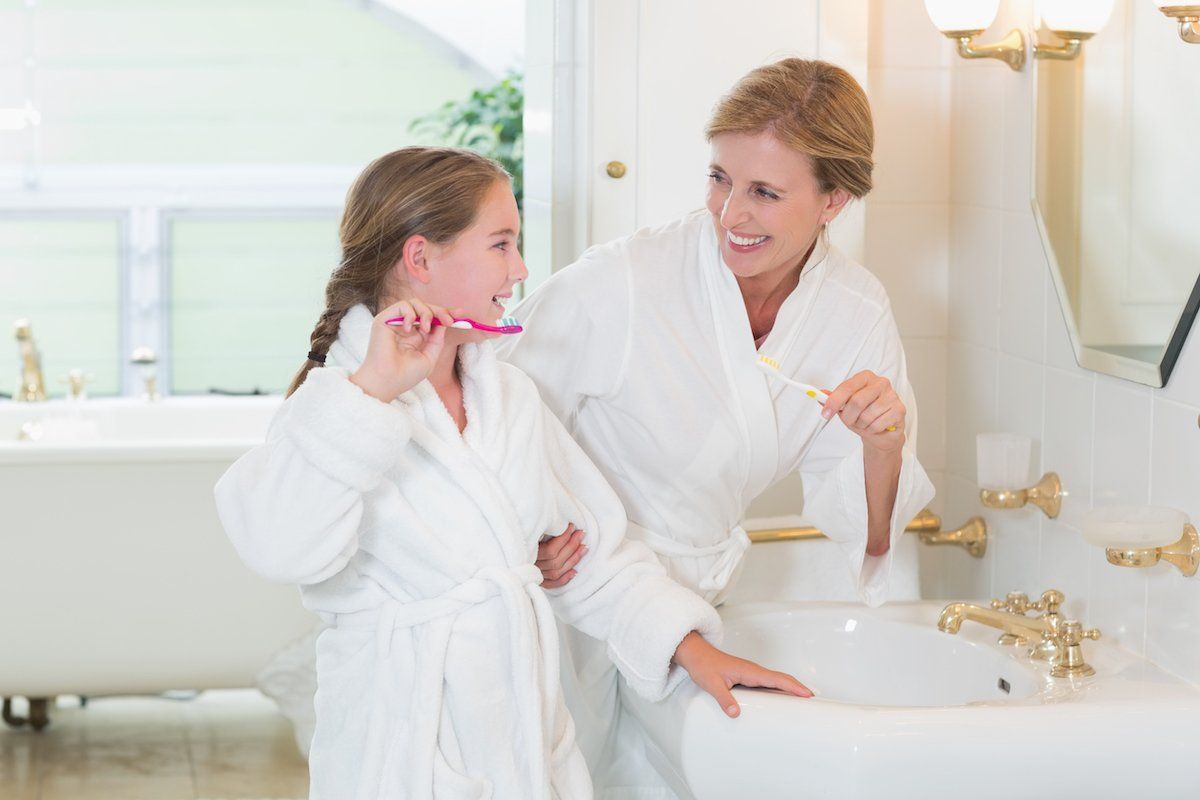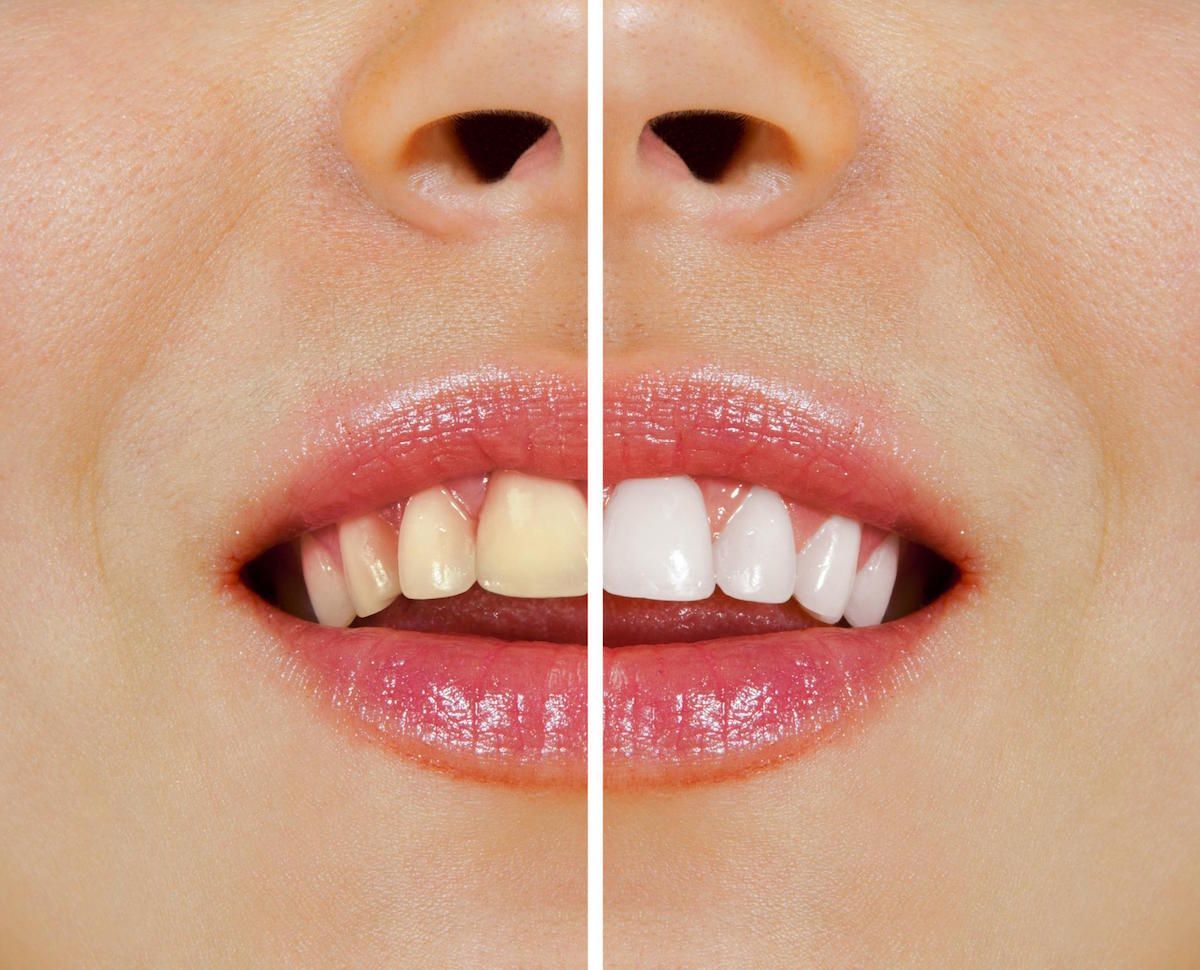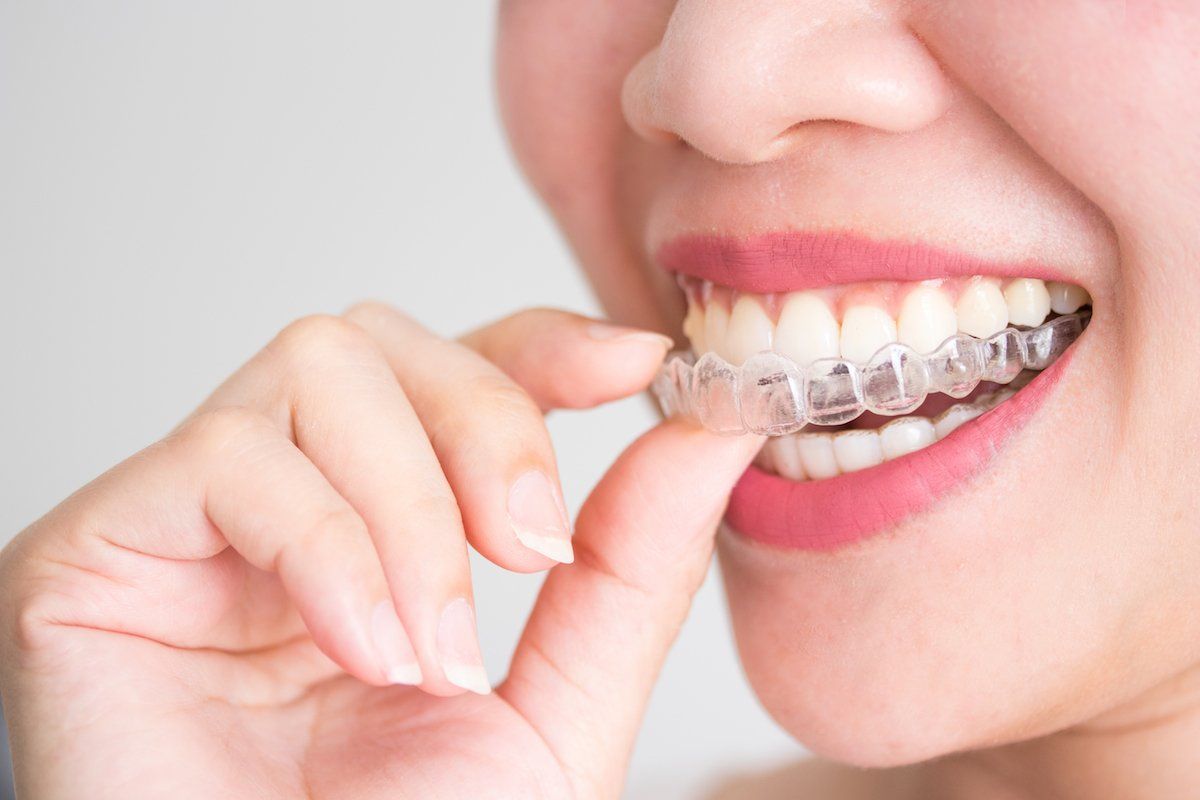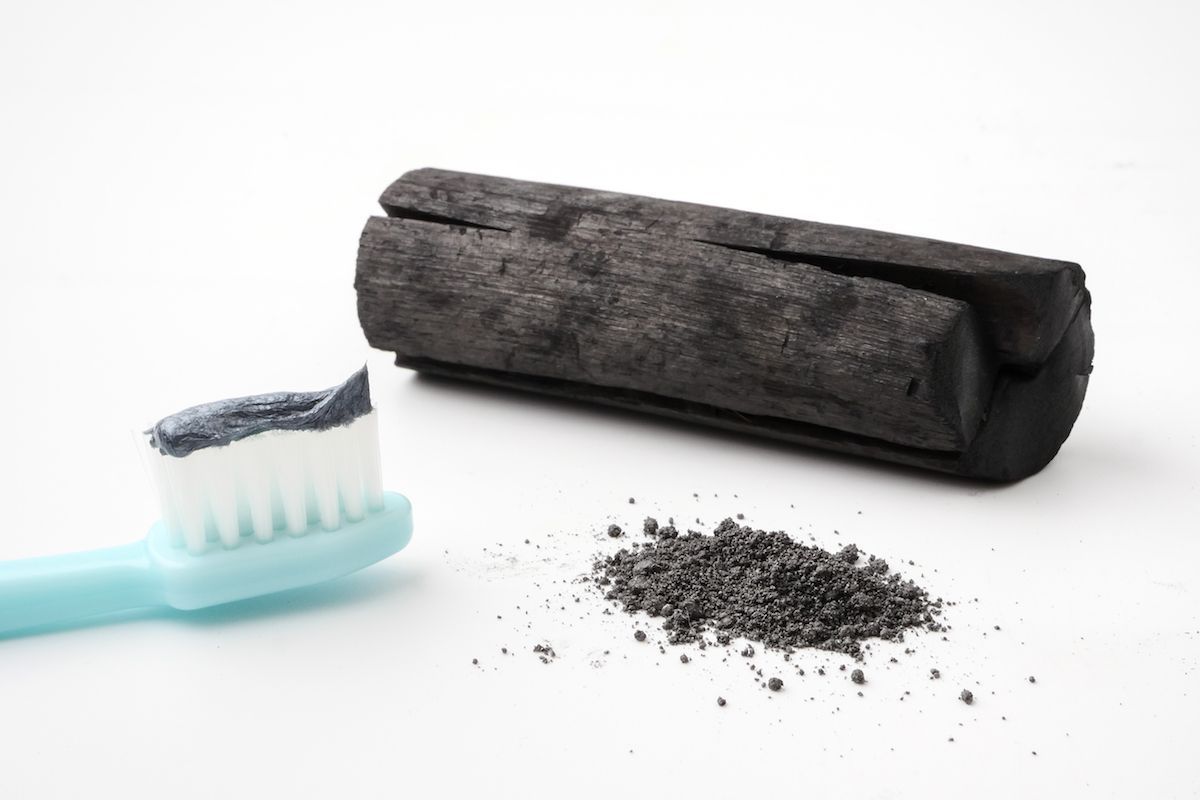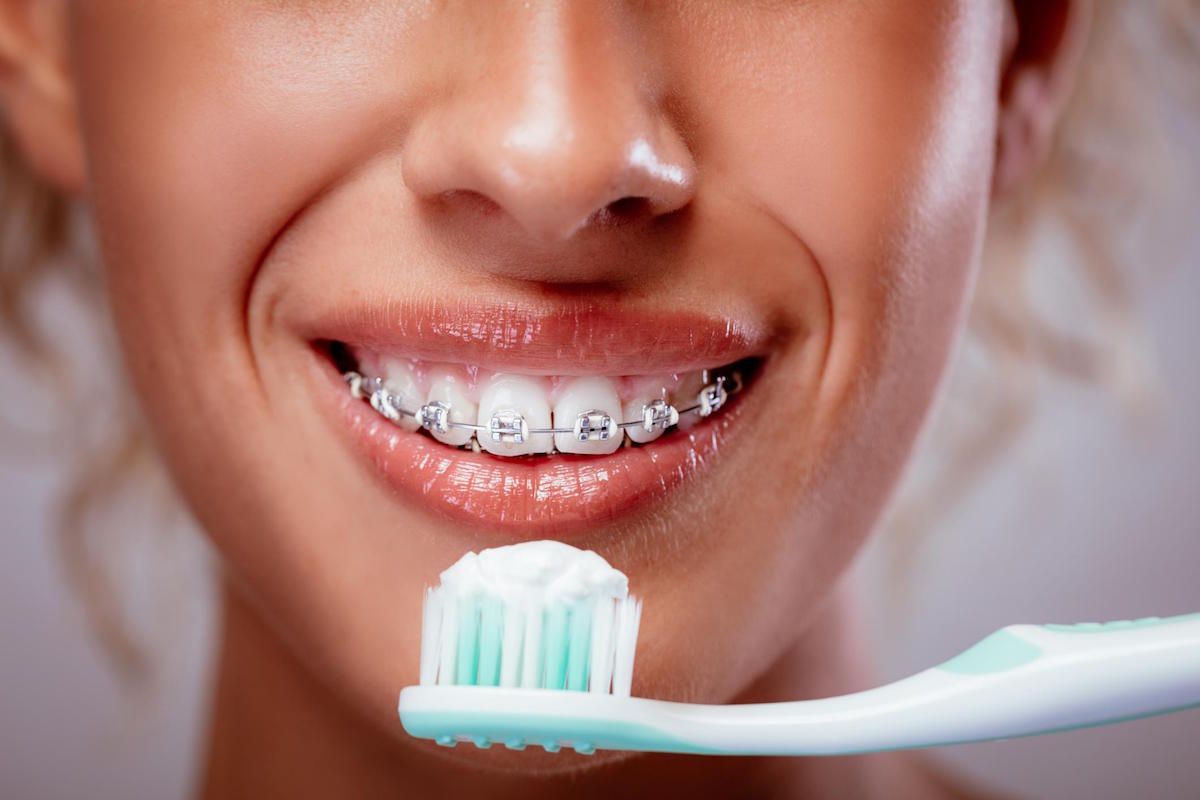Doncaster East Dentist Tips: Top 4 Amazing Benefits of Brushing & Flossing
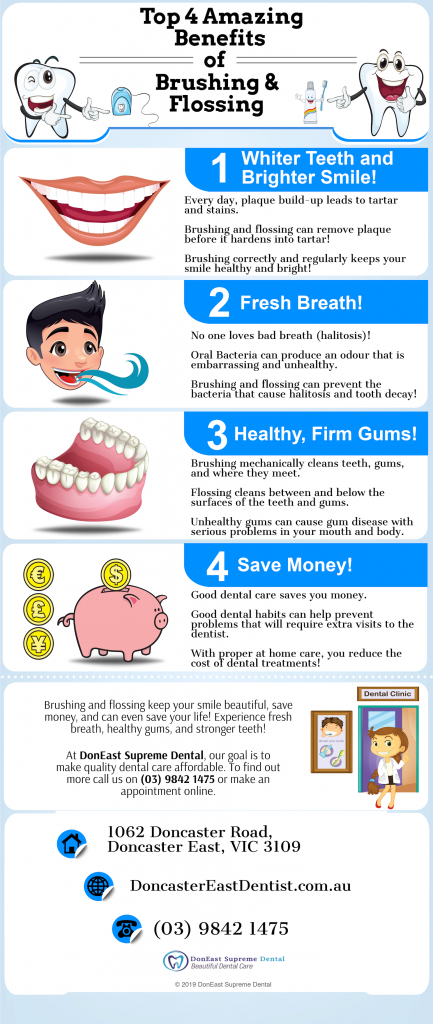
Regular brushing and flossing, together with regular dental checkups, will help you to have a beautiful and healthy smile, and fresher breath.
Brushing and flossing are important in preventing gum disease and reducing your risk of tooth loss and other dental issues.
#1 Whiter Teeth and Brighter Smile!
Everyday plaque build-up leads to tartar and stains.
Brushing and flossing can remove plaque before it hardens into tartar!
Brushing correctly and regularly keeps your smile healthy and bright!
#2 Fresh Breath!
No one loves bad breath (halitosis)!
Oral bacteria can produce an odour that is embarrassing and unhealthy.
Brushing and flossing can prevent the bacteria that cause halitosis and tooth decay!
#3 Healthy, Firm Gums!
Brushing mechanically cleans teeth, gums, and where they meet.
Flossing cleans between and below the surfaces of the teeth and gums.
Unhealthy gums can cause gum disease, which can lead to severe problems in your mouth and body.
#4 Save Money!
Good dental care saves money.
Good dental habits can help prevent problems that will require extra visits to the dentist.
With proper at-home care, you reduce the cost of dental treatments!
Brushing
Regular, thorough brushing is an essential step in preventing tooth decay and gum disease.
Brushing eliminates the bacteria that develops into tooth decay and the plaque that causes gum disease.
You should brush after every meal because bacterial attacks on teeth begin minutes after eating.
Brush once a day and before you go to bed.
- Brush at a 45-degree angle to your teeth. Tilt the bristles to where your gums and teeth meet. Use a gentle, circular, massaging motion. Do not scrub. Gums recede as a result of years of brushing too hard.
- Clean the chewing surfaces, the inside of the cheek, and the tongue.
- Don’t rush your brush. Proper brushing should last at least two to three minutes.
- Change your normal brushing pattern. Don’t miss the same spots all the time. Try reversing your usual routine.
- Use a soft-bristled brush with rounded bristles. Choose a size and shape that allow you to reach your back teeth. There are many types of brushes, so ask your dentist to suggest the best one for you. Replace your toothbrush every three months.
Flossing
Flossing removes plaque and bacteria from hard-to-reach areas. If you don’t floss your teeth, you are missing more than one-third of your tooth surface.
Plaque is the leading cause of periodontal disease.
- Take the right length of floss; equal to the distance from your hand to your shoulder.
- Wrap it around your index and middle fingers, leaving about two inches between your hands.
- Move the floss smoothly between your teeth and wrap it into a C shape around the base of the tooth and gently under the gumline. Clean the tooth two or three times.
- Make sure to floss both sides of every tooth and the backs of your last molars. Move to a new section of the floss as it wears and picks up particles.
- Brush your teeth after you floss – this is a more effective method of preventing tooth decay and gum disease.
- Brushing and flossing keep your smile beautiful, save money, and can even save your life! Experience fresh breath, healthy gums, and stronger teeth!
Visit your trusted Doncaster East dentist today!
Doncaster East dentist also serves local communities in Templestowe, Balwyn North, Doncaster, Doncaster Heights, Donvale, Mont Albert North, Box Hill, Box Hill North, Kerrimuir, Blackburn North, Forest Hill, Nunawading, and Brentford Square.
GAP FREE for New Patients!
General Check-up, Scale and Clean, X-rays and Fluoride treatment
(with any health insurance)
At DonEast Dental, our goal is to make quality dental care affordable. To find out more, call us on (03) 9842 1475 or make an appointment online.
We are located at 1062 Doncaster Road in Doncaster East.
Tags: brushing and flossing
